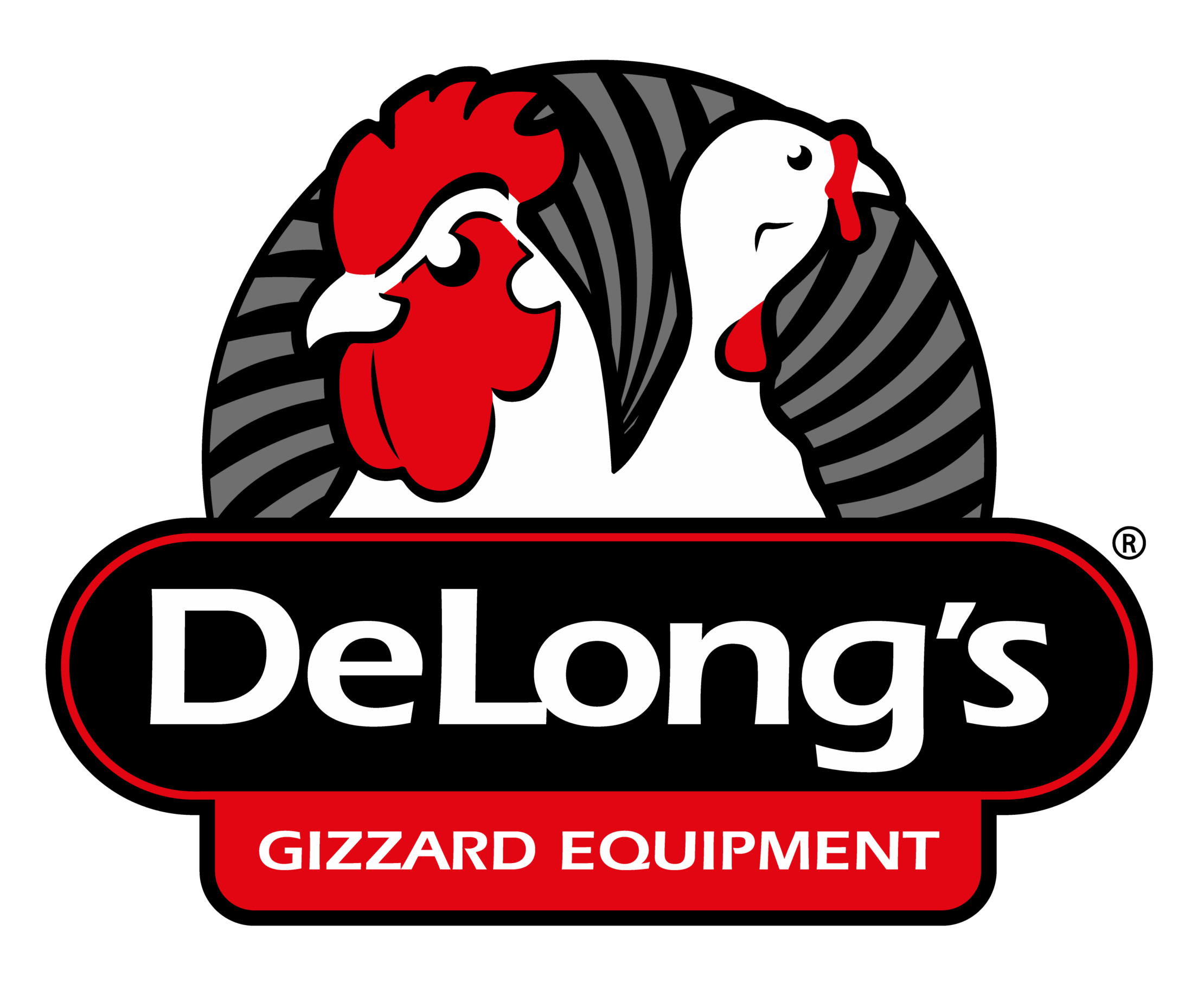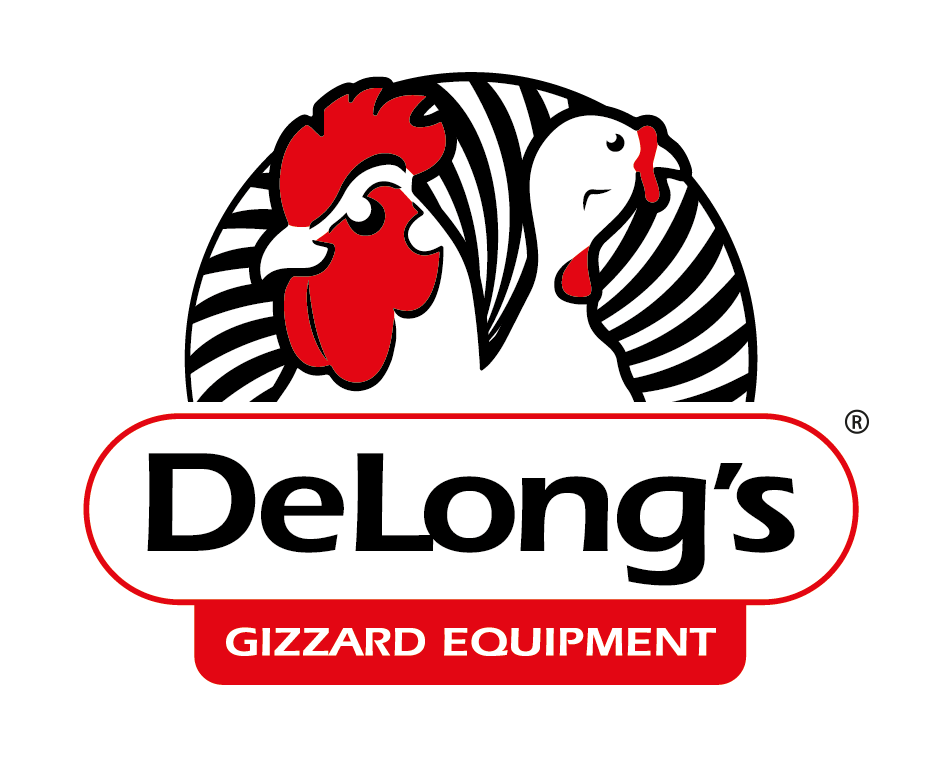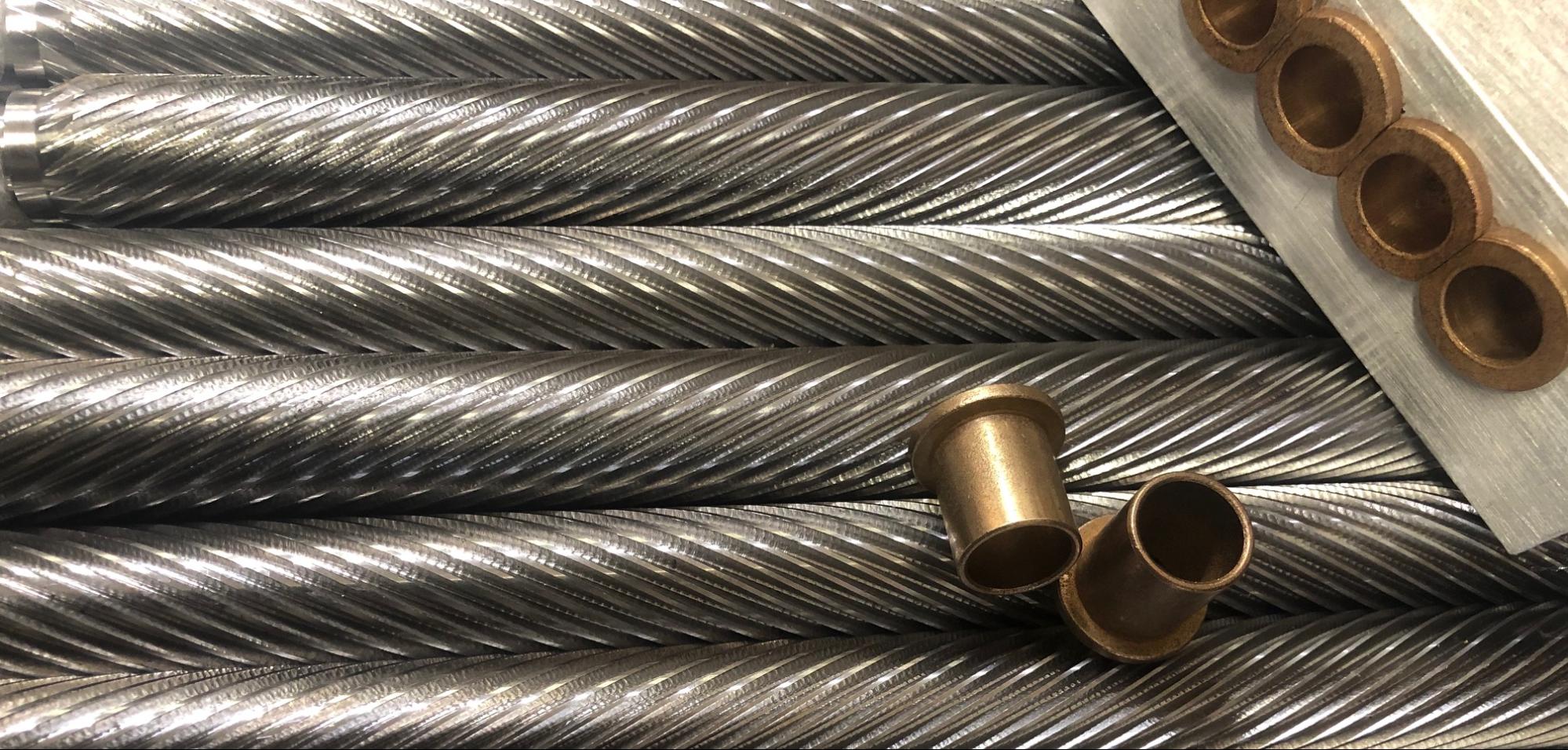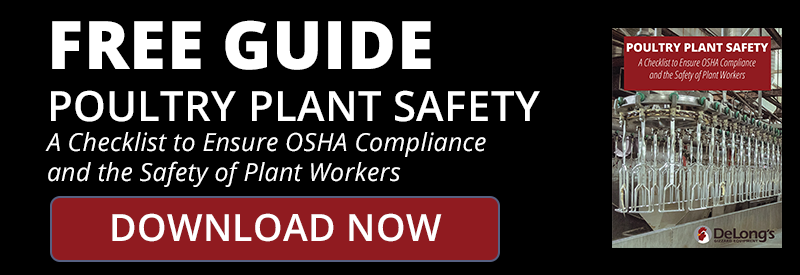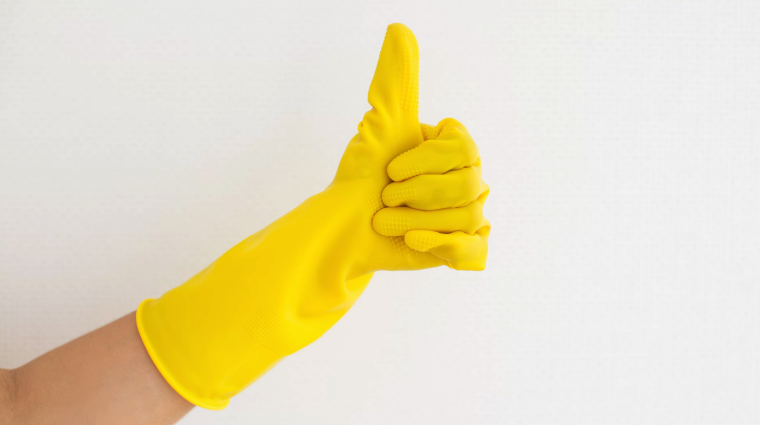
18 Jun Proper Operation Sanitation
Proper sanitation and clear guidelines are essential components in maintaining a safe work environment. OSHA and FAO organizations set strict guidelines to help plants keep workers, management and the final product safe from common hazards. Properly sanitizing a meat processing plant is key to ensuring food-borne illnesses and other risks are minimized.
You need to know the risks posed by unsanitized machines, such as musculoskeletal disorders or food-borne illnesses. These are serious issues that can be devastating to a processing plant, but can be easily avoided by proper sanitation methods.
In general, processing plants must be “cleaning friendly”, making the sanitation job as easy as possible. This means areas that must be cleaned be smooth and easily accessible, and workers should be regularly trained in operation sanitation methods.
Quick tips for sanitation:
- Remove all food products from the area
- The first step is removing organic substances like fat, proteins and dirt. This can be done by physically removing the scraps, called “dry cleaning,” with a large dry brush, broom or shovel.
- After cleaning areas, disinfection must occur to remove the remaining 10% of resilient microorganisms.
- A cleaning method that is popular to ensure total sanitary conditions is high pressure cleaning. Pressurized water is applied by high pressure units and special spraying lances.
- When utilizing high pressure water cleaning, the pressure must be between 30-70 bar and the spraying nozzle 15 cm from the surface.
- Commercial cleaning agents in modern cleaning practices are complex compositions of either alkaline, acid or neutral chemicals. In some cases, surfactants or detergents are added to ensure full sanitation.
- For larger plants, foam cleaning can be used to get more contact in with surfaces. The foam stays on the surface longer, making the sanitation more effective.
- Absolute germ-free surfaces are not achievable, but disinfectants will kill all pathogens.
When dealing with meat and poultry processing, DeLong’s encourages poultry plants across the country to commit to properly sanitizing plants to ensure worker and consumer safety. With the help of guideline compliance and regular check ups on the procedures, your plant and workers can eliminate food-borne and workplace illness. If you have any questions about sanitizing Delong’s rollers, contact us.
